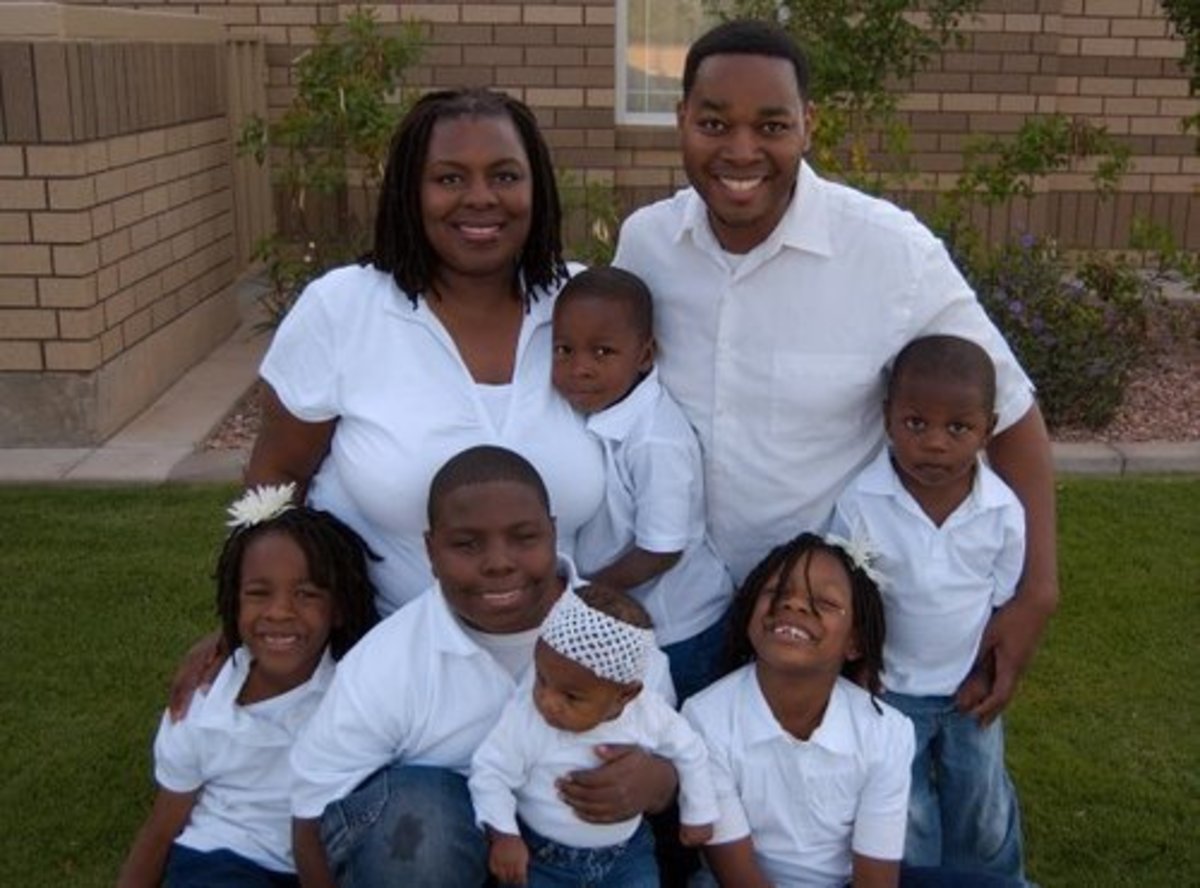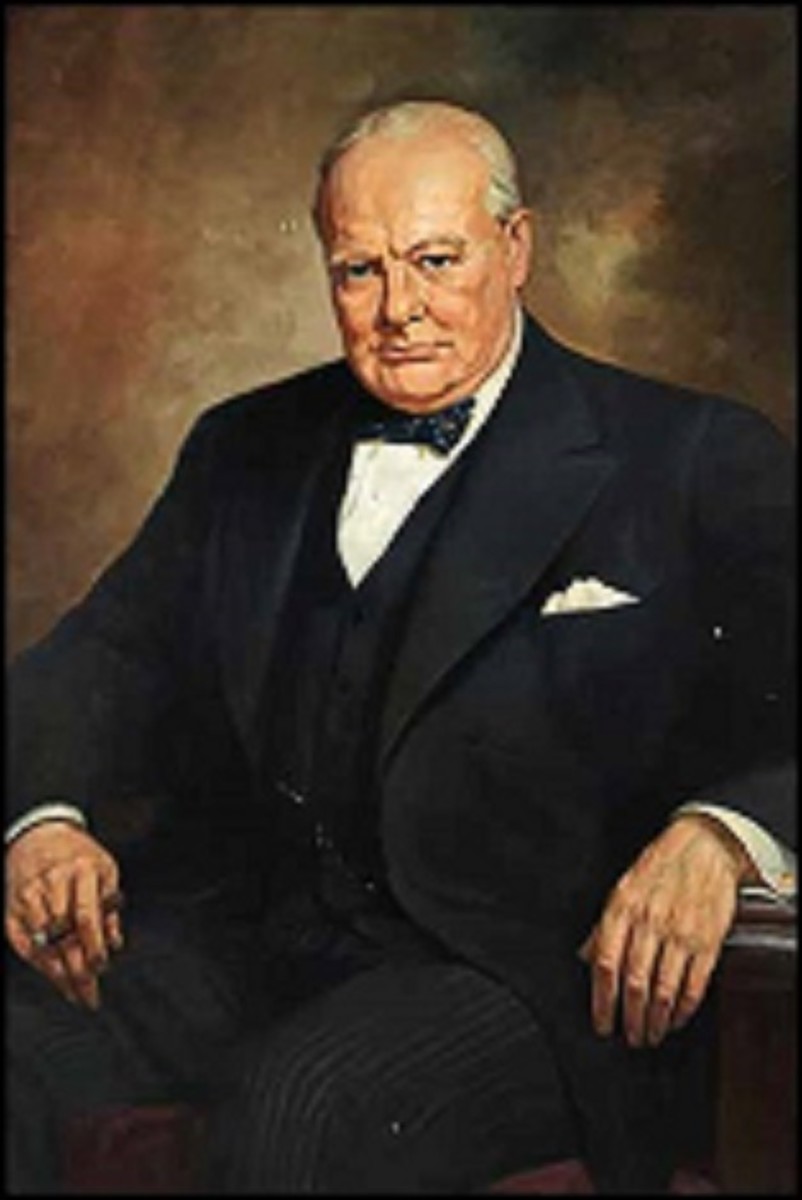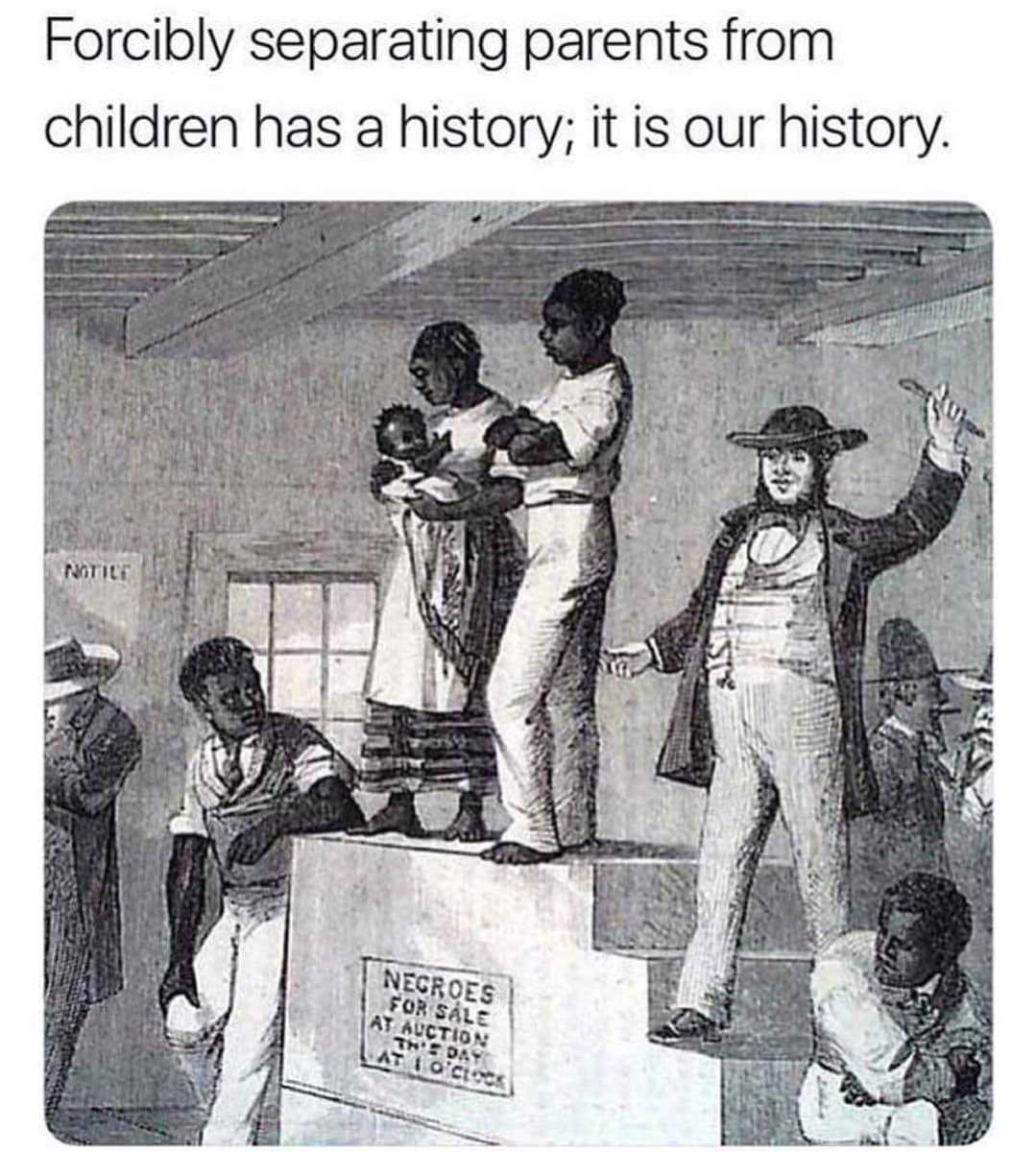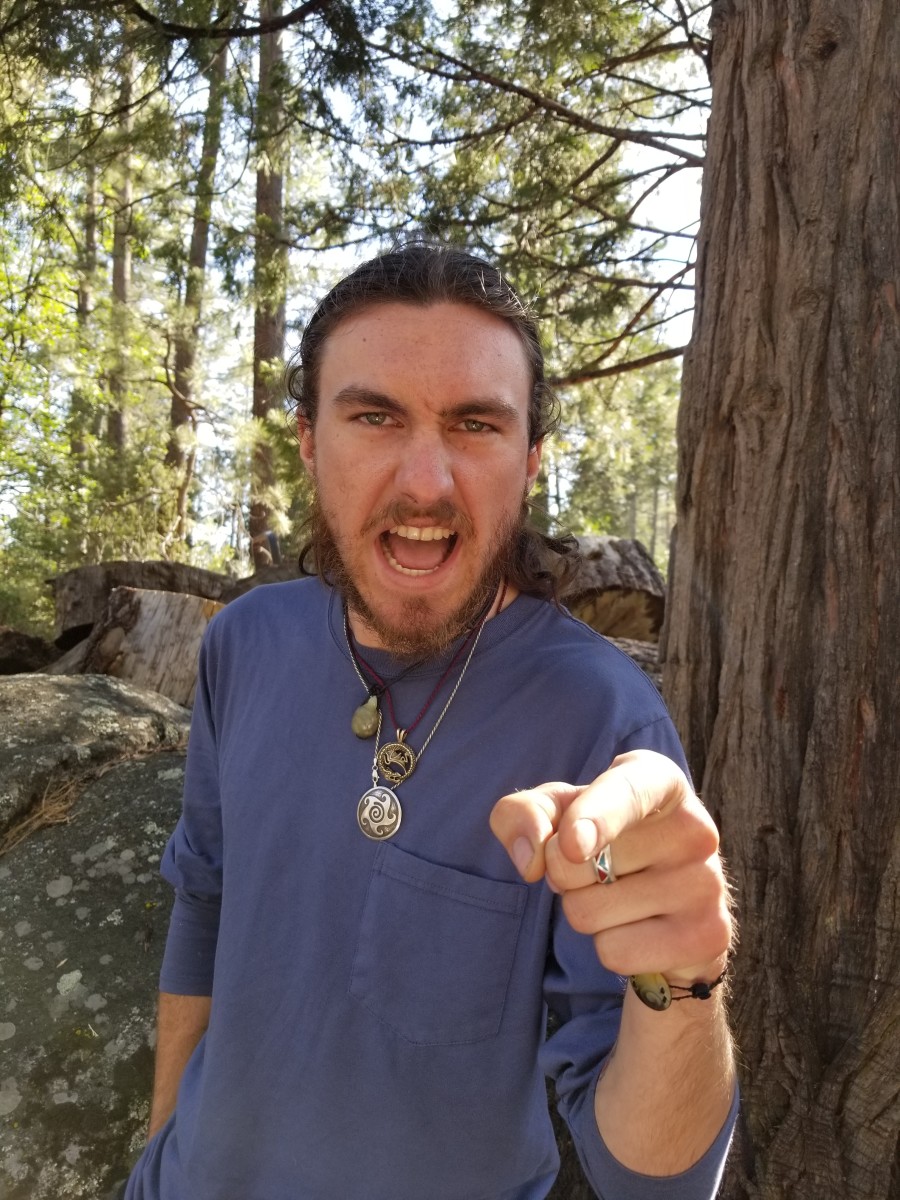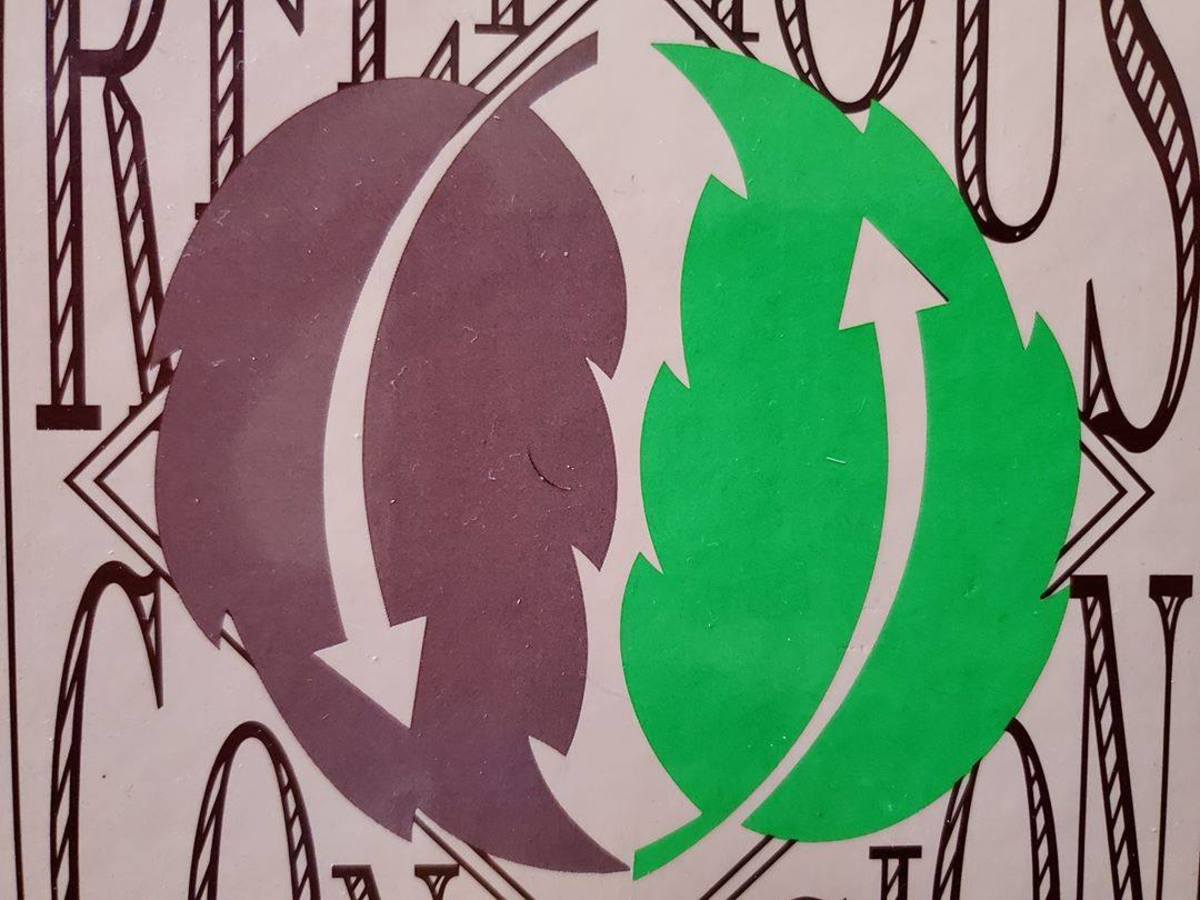Being a Latter-day Saint (often called “Mormon”) and Black in America: Crushes & Songs — Episode Eight
Faith, Identity, and the Unexpected Lessons of Youth
This is personal. True stories, at their core, carry lessons fiction only dreams of. Truth bends and twists, it isn’t always logical, but it is always powerful. Each part of this series explores what it means to learn and grow as a Latter-day Saint who is Black in America: a journey shaped by faith, colored by culture, and tested by history.
At times, these reflections echo the voices of ancient prophets who, in my mind, seemed to foresee my path. At other times, they rest in ordinary moments—a youth talent show, a simple song—that quietly become turning points in my discipleship.
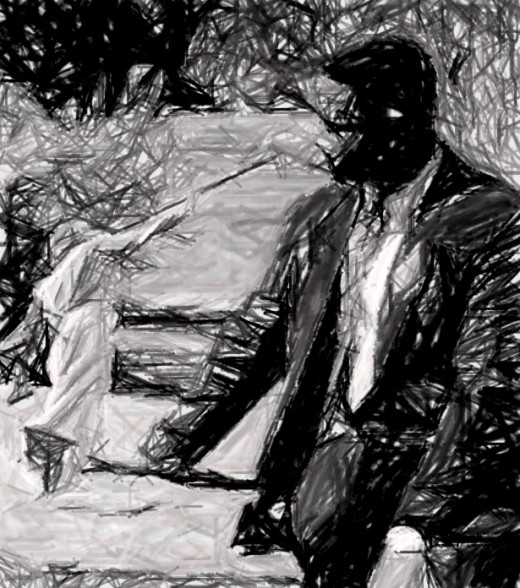
Crush: Innocence and Difference
I had a crush on Esther. It was a youthful crush—the kind born of innocence, friendship, and admiration more than anything else. We were both young, both sincere in our faith, and both figuring out what it meant to grow into discipleship in a world that often divides before it unites.
I am Black. She is White. That difference was not lost on me, even then. American culture has a way of making race the first filter through which attraction is viewed, especially in places where people who look like me are few. For me, the crush was tangled up with questions of belonging: could I simply like someone without the weight of race looming in the background? Could I just be a young man with a crush, instead of the Black member with a crush on a White girl?
It seems trivial now, but at that age, it was real. And in the midst of all the unspoken questions, God used even that small, innocent affection to teach me something about His love and about the worth of souls.
Latter-day Saint Meeting House

Talent Show: Music, Culture, and Belonging
“Rodric,” Sister Canes called out as she approached me on a Wednesday youth night at church. The sing-song inflection in her voice gave her away—an assignment was coming.
“I would like you to sing in the talent show.”
She had heard me sing in the choir and thought I’d do well on stage. Before I could protest, she held out the music.
“Uh, I can’t sing this,” I lied. It was a rock song. Already I was the Black kid in a mostly White congregation, and now I was being asked to cross over musically too. That’s how I remember thinking.
Embarrassed, I resisted. My new faith had already pulled me away from the traditional Black church experience, and I didn’t want to lean further into what felt like White culture.
“What kind of music can you sing?” she pressed, relentless as a good choir director should be.
“I sing R&B music and stuff,” I muttered—almost as if she should already know that because I am Black. It wasn’t a lie; I did sing R&B. But I could have sung anything she handed me. In my mind, though, my “Blackness” demanded I stay true to R&B. I figured that stereotype was what my new peers expected, and I leaned into it as if it defined my heritage.
“Don’t be shy, Rodric,” she teased, seeing through my insecurity. Then she revealed her plan: “You can sing ‘A Whole New World’…with Esther.”
She didn’t name the version, but my mind instantly went to the Peabo Bryson and Regina Belle duet—the R&B take that lived in my imagination. That thought alone changed everything. Esther had the most beautiful voice I had ever heard, and I looked for every chance to hear her sing. Singing with her gave me a reason to step forward without feeling like I was betraying some unspoken code.
“Okay,” I conceded, sheet music in my hands, headed toward the girl I secretly crushed on. Truth be told, I agreed only because it was Esther.
I knew I “loved” her when we sang A Whole New World together.
Being Black in a mostly White congregation was not inherently hard—it was as hard as I made it. In those early days, I wanted to highlight my differences. But sometimes attraction, friendship, or even music itself cuts through all of that and reminds you of your shared humanity. Singing with Esther let me feel, for once, like just another member of the Church—no labels, no qualifiers, just a voice joining another in harmony.
Perspective
Moroni, an ancient prophet in The Book of Mormon: Another Testament of Jesus Christ, wrote in his book that "the church did meet together oft" followed by some other words. What was not in that writing was that the boy that meets together oft at Church would be so happy because of the girl who met together oft at Church to sing for a season. God knew what He was doing with all these beautiful righteous women at Church.
Despite my cultural attachments, the desire for a girl, and the love of God slowly changed my heart to become open to the whispering of the Spirit of God, "A new commandment I give unto you, that ye love one another; as I have loved you, that ye also love one another. By this shall all men know that ye are my disciples, if ye have love one to another. John 13:34-35
No, I never got the girl. What I did gain was something far more enduring: the beginning of freedom from the mental restrictions I had carried from my past. That experience helped me start focusing less on the labels the world would press on me, and more on the identities God Himself declares:
-
I am a child of God.
-
I am a child of the Covenant.
-
I am a disciple of Jesus Christ.
It was a small beginning, but one that would prepare me for deeper lessons ahead—lessons about belonging, growth, and how God uses even the simplest moments to shape a disciple’s heart.
From Crushes and Songs to the Deeper Question: What Does Black Really Mean?
Looking back, I see how something as simple as a song and a teenage crush became part of God’s tutoring. He wasn’t only shaping my voice to blend in harmony; He was shaping my heart to belong in His kingdom. That season taught me that even awkward moments of youth can be sanctified when they turn me toward Christ.
But harmony with God does not erase the dissonance of the world. Being Black in America — and being Black in a mostly White church culture — meant that identity was never just personal, it was also social, historical, and spiritual. If a crush and a song could expose my questions of belonging, what about the words and labels the world presses onto me? What about the weight of being called “Black”?
In the next episode, “Black Is Skin Deep,” I move from the innocence of youth to the heavier realities of culture and history. There, I explore how words like Black have shaped not just society’s view of me, but also the way many of us see ourselves — and how God, through Christ, calls us to see deeper than skin into the eternal worth of souls.
If these reflections resonate with you, I explore them in greater depth in my book Moroni Saw Me.
It’s a memoir of faith, identity, and the unexpected ways God shapes us, written for anyone who has wrestled with belonging and come to see themselves in the story of scripture. That journey, like these essays, is about learning who we really are in Christ.
Next
- Being a Latter-day Saint (Often Called “Mormon”) and Black in America: Black Is Skin Deep — Episode
All humans belong to God and He wants all of humanity to be with Him. “God so loved the world, that he gave his only begotten Son, that whosoever believeth in him should not perish, but have everlasting life,” John 3:16.
Previous
- Being a Latter-day Saint (often called “Mormon”) and Black in America: The "Novelty" — Episode Seven
The leadership gets it. The rest of us Latter-day Saints still need to work on it. Volumes of books could be written on what it's like to be a Latter-day Saint as a Black American, faithfully enduring to the end.
This content is accurate and true to the best of the author’s knowledge and is not meant to substitute for formal and individualized advice from a qualified professional.
© 2018 Rodric Anthony Johnson


